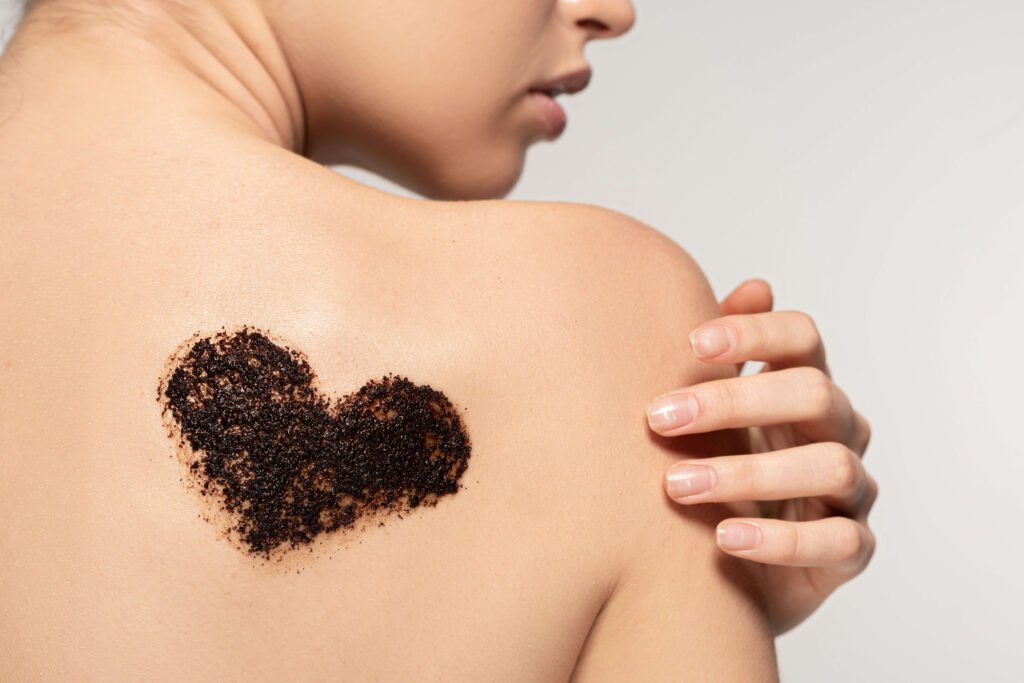Do you have a tattoo that just doesn’t speak to you anymore? Maybe it’s a memento of a past lover, an impulsive decision or, simply put, it does not fit into your current lifestyle. Whatever the reason may be, there are many others like you who are considering getting their tattoos removed. But before you do so, let us find out the truth about tattoo removal really works.
Table of Contents
Popularity of Tattoos
Tattoos have become part of mainstream self-expression in today’s society. It used to be that tattoos were abhorred but recently people from all walks of life have embraced them as forms of art by having inked designs on their body parts. From intricate sleeves to hidden symbols, tattoos act as a platform for individuals to display who they are and what they believe in on their skin.
Celebrities and influencers show off their tattoos online inspiring others to have them too. The rise in popularity of tattoo culture has seen more tattoo shops with endless amounts of different designs and styles available for customers. When it comes to being inked, whether it is through one small symbol or huge murals the options are limitless.
Tattoos tell stories visually by capturing time points or significant meanings for people wearing them. Either they can make bold statements or add elegance as they blend subtle accents into one’s overall look. With tattoos gaining even more popularity today, many individuals would fancy etching some meaningful artwork onto their bodies permanently.
Why People Choose To Have Tattoos Removed
Many people use tattoos as a way of expressing themselves through body art. However, our feelings change about certain tattoos when circumstances change around us. Besides, individuals sometimes grow out of the relevance represented by some tattoos or these may remind them stubbornly about previous chapters which some would rather forget.
Others may consider removing such artifacts because they no longer match with their goals either at personal or career levels. Moreover, societal norms and perceptions might influence one to eradicate an ink that might seem unfit in certain scenarios.
The reasons why people decide to remove tattoos are as diverse and unique as the individuals themselves; ranging from changing tastes, career aspirations, wanting to erase painful memories, etc.
Methods of Tattoo Removal
There are several methods available for removing tattoos. One method is laser tattoo removal whereby high-powered lasers are used to break down ink particles within the skin. It usually takes a number of sessions over a few months for one to achieve the desired results.
Another way is surgical excision where the tattooed area is cut out and the surrounding skin is sewn together. This is normally done on small tattoos and it may result in scarring.
There’s also dermabrasion which means sanding away the top layers of skin with a rotating brush or diamond wheel. This can be painful and often requires multiple sessions until all signs are gone.

Moreover, there now exist more novel approaches such as intense pulsed light (IPL) therapy and chemical peels that slowly cause tattoos to fade away.
Each technique has its own advantages as well as disadvantages therefore it is paramount to seek advice from a dermatologist or a tattoo removal specialist before deciding on which technique will work best for your specific type of tattoo.
The Science Behind Tattoo Removal
Tattoo removal is a process that involves fragmenting ink particles within the skin in order to enable the body to dispose of them. The science behind tattoo removal entails using diverse methods that can target and scatter this pigment effectively.
One common method is laser tattoo removal, which uses high-intensity light beams to break down pigment within the skin. These fragments are then reabsorbed by the body and eliminated naturally over time.
Another method involves excision of the tattooed skin through surgery. It’s more invasive and may lead to scarring hence it is less popular than laser treatments.
Various things such as the color of ink, depth of the tattoo, and type of skin used for the tattoos will have influence on how well a tattoo removal treatment works out. Understanding these scientific principles helps people make the right decisions when it comes to removing tattoos efficiently.
Factors That Affect the Success of Tattoo Removal
Several factors affect how successful tattoo removal can be. One significant one is ink color and depth utilized in making tattoos. Typically, it is easier to remove darker colors like black or blue while lighter ones like yellow or green may be more stubborn.
Sometimes age also plays a role since older tattoos fade faster than new ones. Additionally, non-professional tattoos can be simpler to get rid of than others which have been done by professional artists with high-quality ink.
Another critical factor is skin tone; individuals with fair complexions tend to respond better to tattoo removal treatments than those with darker pigments. Moreover, those closer to the heart tend to fade much quicker due to increased flow rate in blood.
Ultimately, every person’s personal attributes combined with specific characteristics related directly to their tattoos will determine whether they successfully manage their journey for removing tattoos or not.
Risks and Side Effects of Tattoo Removal
There are risks associated with removing your tattoo from your body. Incorrectly carrying out the process of elimination can cause scarring as a risk factor. Another possible side effect is the change in skin texture and color.
Infection can also occur as a result of failure to adhere to aftercare instructions. It helps if the treated region is kept clean throughout the healing process so as to reduce this risk.

Some people may have allergic reactions to tattoo removal products that they use. They may feel itchy, and get red or swollen at the site where treatment was done. You should let your provider know whether there are any allergies you already have before getting rid of tattoos.
However, despite being fruitful for many people, one must weigh the potential risks and side effects associated with it prior to undertaking such a venture.
Alternatives to Traditional Tattoo Removal
Have you been considering removing a tattoo but are hesitant about traditional methods like laser removal or surgical excision? Fear not, as there are alternative options available that may be worth exploring.
One alternative involves using creams that have been specially designed for fading tattoos over a time period. With time these creams work by breaking down pigment within our skins gradually.
Another option that is becoming increasingly popular is dermabrasion, a procedure in which layers of skin are removed from the area where the tattoo is located. It can be used to remove fading tattoos or those with light ink.
A few people prefer non-invasive treatments like chemical peels or intense pulsed light therapy to reduce the darkness of their tattoos. Although they may not erase it totally, these methods significantly diminish its visibility.
Therefore, it is very necessary to check with a dermatologist or skincare specialist before deciding on an alternative method because he will help identify the best one for your kind of tattoo and skin.
Is Tattoo Removal Worth It?
While getting rid of a tattoo does not always entail its complete absence, it does lead to considerable loss or reduction in pigmentation. Therefore, whether to get rid of their own tattoos primarily depends on individual preferences and reasons why individuals want them erased. Before going ahead with any removal procedures, you should consider the expenses involved, the time commitment required, possible risks as well as anticipated results. In reality, however, this may just be a secure way for someone to make up his mind concerning whether he wants his/her tattoos removed so that they fit into society’s expectations and thinking patterns.

